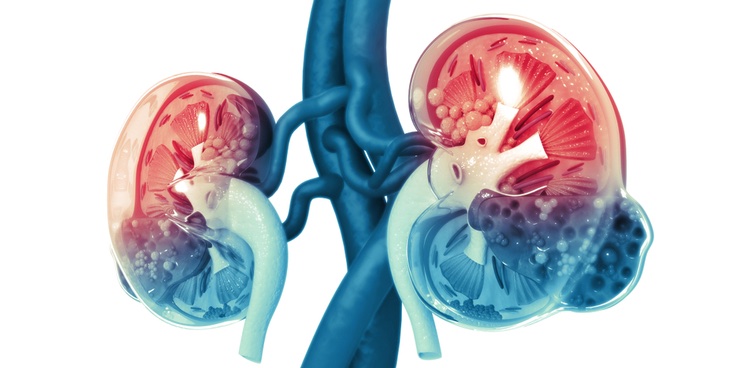The kidneys are vital organs in the body’s purification system, known for their remarkable ability to recover after injury. However, in the neonatal intensive care unit, kidney health in infants has often been overlooked due to the focus on other pressing diseases or symptoms. In recent years, there has been an increased interest in understanding kidney health in newborns, leading to the launch of the AWAKEN study (Assessment of Worldwide Acute Kidney Epidemiology in Neonates) in 2017. This multicenter effort aimed to examine acute kidney injury (AKI) in newborns.
In a new analysis of the AWAKEN data published in JAMA Network Open, Austin Rutledge, D.O., and a team of researchers investigated the impact of repeat episodes of AKI in hospitalized infants. This study was conducted by the Neonatal Kidney Collaborative, a nonprofit group of neonatologists and pediatric nephrologists focused on reducing the burden of kidney disease in newborns.
The initial results of the AWAKEN study showed that approximately 30% of the 2,000 babies studied had AKI, with a fourfold higher risk of death associated with this condition.
Heidi Steflik, M.D., MSCR, one of the primary investigators on the recent report, highlighted that the AWAKEN study revealed kidney disease to be not only common but also an independent contributor to infant mortality. This finding underscores the significance of kidney health in newborns.
The research team aimed to determine whether infants who experienced multiple episodes of AKI were at a higher risk of adverse outcomes or death. By reexamining the AWAKEN data, the team identified specific groups of infants who were more prone to repeat episodes and assessed the impact of these occurrences on outcomes. They analyzed factors such as gestational age, birth weight, initial stage of AKI, and outcomes including the risk of death and length of hospitalization.
The findings of the analysis revealed that a significant proportion of infants with AKI experienced recurrent episodes, with 133 out of 605 infants having more than one episode. Importantly, the risk of mortality increased even with the first episode of AKI, contradicting previous assumptions that AKI was not dangerous.
Although further episodes did not increase the risk of death, they were associated with longer hospital stays for these infants, some of whom remained in the neonatal intensive care unit for months. The long-term effects of these recurrent episodes and their impact require further investigation.
The study highlights the importance of closely monitoring kidney health in newborns and the need for early intervention to mitigate the risk of adverse outcomes associated with AKI. By recognizing the potential consequences of even a single episode of AKI, healthcare professionals can provide timely and appropriate care to improve outcomes for these vulnerable infants.
*Note:
1. Source: Coherent Market Insights, Public sources, Desk research
2. We have leveraged AI tools to mine information and compile it




